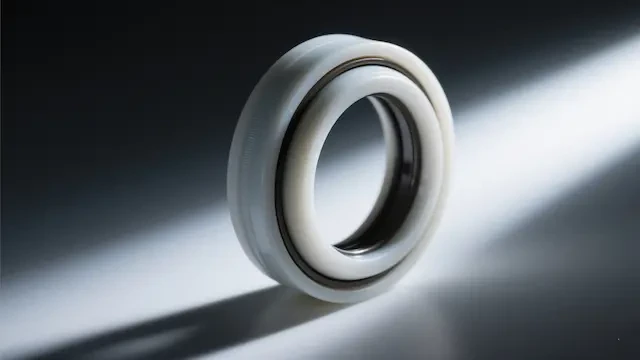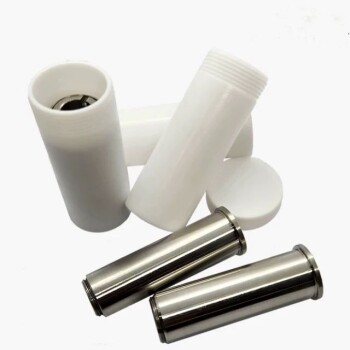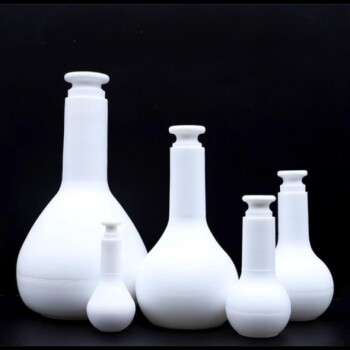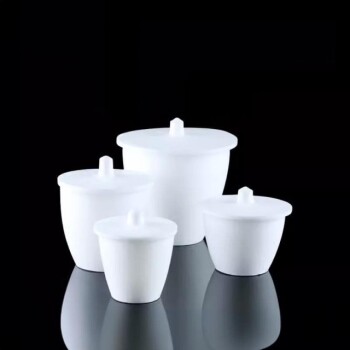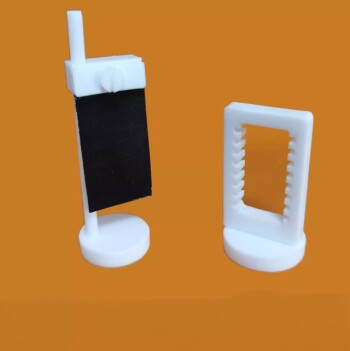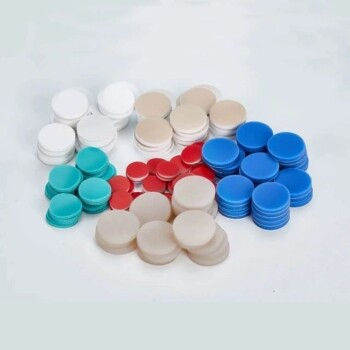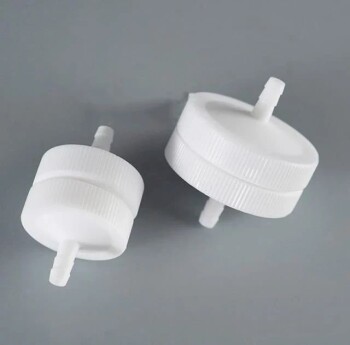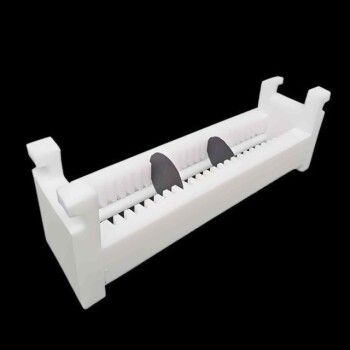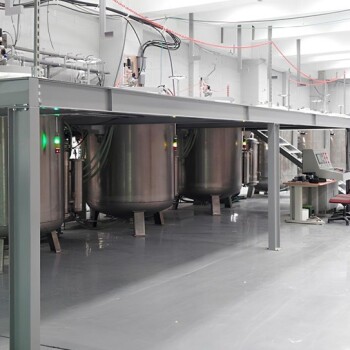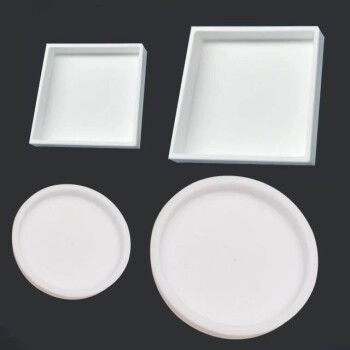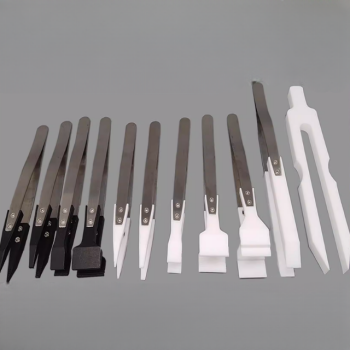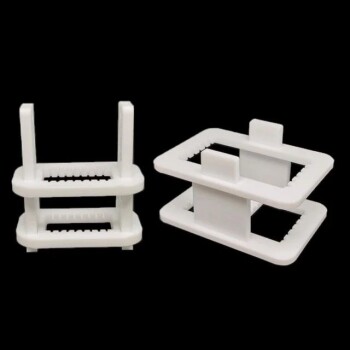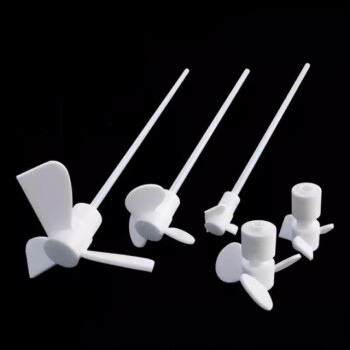Introduce
Polytetrafluoroethylene (PTFE) has become one of the core materials in the field of mechanical seals due to its unique chemical stability, low friction coefficient (0.04-0.15), wide temperature range (-268°C to +315°C) and excellent corrosion resistance (pH 0-14). However, traditional pure PTFE has defects such as cold flow, low mechanical strength and significant creep, which limit its application under extreme working conditions. In recent years, through material modification, structural optimization and process innovation, the performance and application range of PTFE in mechanical seals have achieved major breakthroughs.
I. Key technological innovations for improving PTFE performance
-
Filling modification technology :By adding fillers such as carbon fiber, glass fiber, and graphite to the PTFE matrix, the cold flow and creep rate of the material are significantly reduced, while the compressive strength and wear resistance are improved. For example, Mecflon® PTFE products with added carbon fiber can adapt to high dynamic load environments and reduce friction losses by more than 30%. In addition, the introduction of fillers such as nano-silica further optimizes the intermolecular bonding force, allowing the seal to maintain a stable shape under high pressure (>20 MPa).
-
Multi-directional fiber structure design :Expanded PTFE (ePTFE) prepared by uniaxial/multiaxial stretching process forms a highly fibrous porous structure. This structure has both flexibility and resilience, can adapt to the microscopic defects of the sealing surface, reduce the installation pressure by 40% and does not require preforming. TEADIT® series products achieve isotropic tensile strength (>10 MPa) through multi-directional oriented fiber technology, solving the anisotropic limitation of traditional PTFE.
-
Surface functionalization treatment :Through plasma treatment or chemical etching, the surface energy of PTFE can be increased from 18 mN/m to 50 mN/m, significantly enhancing the adhesion to the metal interface, and reducing the leakage rate of the sealing ring under high-speed rotation (>5000 rpm) to 0.01 mL/min.
II. Innovative application scenarios and typical cases
-
Chemical equipment seals :In strong acid (such as 98% sulfuric acid) and strong alkali (40% NaOH) media, the life of modified PTFE sealing rings can reach more than 5 times that of rubber seals. For example, after a petrochemical company used graphite-filled PTFE gaskets, the flange leakage rate dropped from 0.5% to 0.02%, and the annual maintenance cost was reduced by 1.2 million yuan.
-
High-end machinery field :Expanded PTFE sealing tape (thickness 0.5-6.4 mm) has replaced traditional metal gaskets and is used in aircraft hydraulic systems (pressure 35 MPa) and automobile fuel tank seals. Its low thermal expansion coefficient (10⁻⁴/°C) can compensate for the deformation difference between aluminum alloy and stainless steel, avoiding seal failure at high temperature (180°C).
-
Food and pharmaceutical industry :Food-grade PTFE seals are FDA-certified and can withstand 121°C steam sterilization in aseptic filling equipment without plasticizer migration risk. After application in a dairy production line, the equipment downtime rate was reduced by 60% and the annual production capacity was increased by 150,000 tons.
III. Future development trends
-
Intelligent manufacturing :AI-driven injection molding process is used to achieve precise control of porosity (<1%) and density (2.1-2.3 g/cm³), and product consistency reaches 99.7%.
-
Environmentally friendly composite materials :The composite research of bio-based fillers (such as bamboo fiber) and PTFE has entered the pilot stage, which is expected to reduce carbon emissions by 30% while maintaining sealing performance.
-
Adaptation to extreme working conditions :For nuclear reactor cooling systems (radiation dose>10⁶ Gy) and deep space exploration equipment (-200°C vacuum), multi-layer gradient structure PTFE seals are developed, and ground simulation tests are expected to be completed in 2026.
Conclusion
The innovative application of PTFE in mechanical seals is essentially a deep collaboration of material science, structural mechanics and manufacturing processes. With the rapid development of new energy, aerospace and other fields, PTFE sealing technology will continue to break through performance boundaries and promote industrial equipment to move towards efficiency and greenness.
Related Products
- PTFE Electrolytic Cell Electrochemical Cell Corrosion-Resistant Sealed and Non-Sealed
- Custom PTFE Teflon Parts Manufacturer for PTFE Bottle Oil Fume Sampling Tube
- Custom PTFE Teflon Parts Manufacturer for F4 PTFE Volumetric Bottle
- Custom Machined and Molded PTFE Teflon Parts Manufacturer with PTFE Crucible and Lid
- Custom PTFE Teflon Parts Manufacturer for Hydrothermal Synthesis Reactor Polytetrafluoroethylene Carbon Paper and Carbon Cloth Nano-growth
Related Articles
- The Silent Dialogue: Mastering Control in Electrolytic Cells
- The Art of the Non-Spontaneous: Precision in Electrolytic Circuits
- The key role of PTFE in semiconductor manufacturing: from gas pipelines to electrical insulation
- Polytetrafluoroethylene (PTFE): How low friction coefficient promotes industrial progress
- PTFE's high temperature and corrosion resistance: Why it is indispensable in industry
